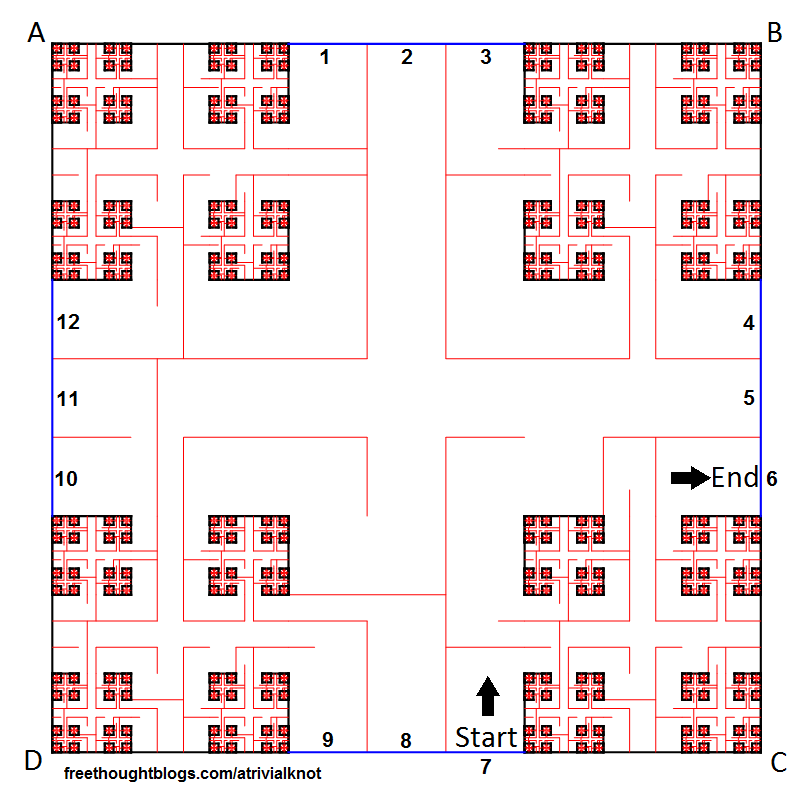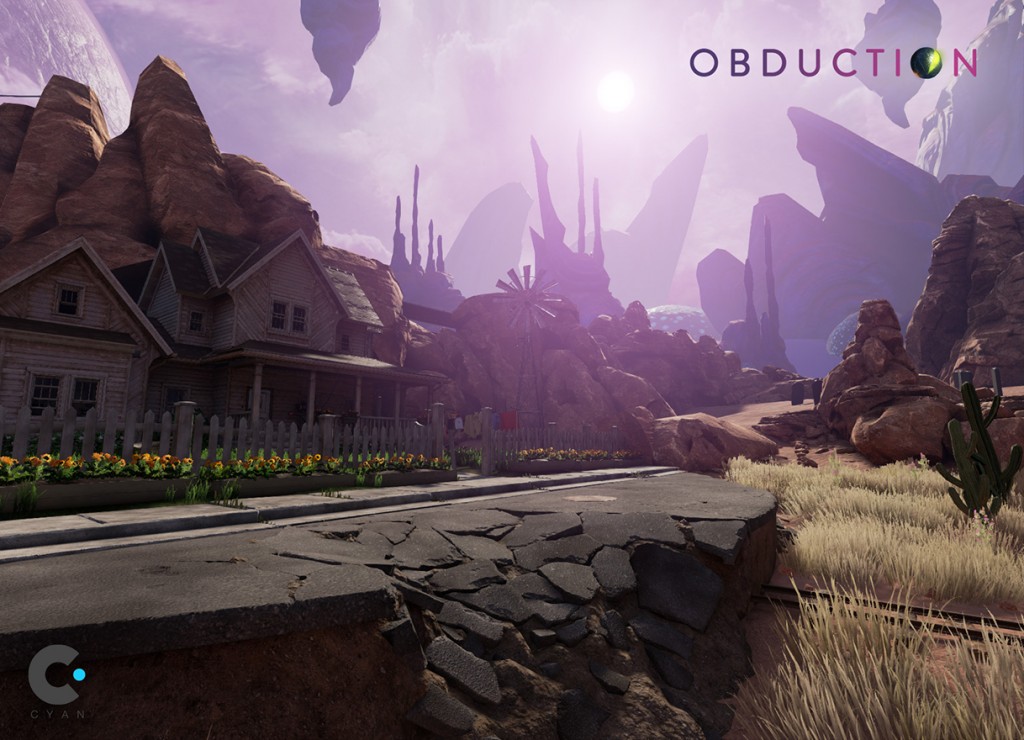By “logic puzzle”, I don’t just mean puzzles involving logic, but rather a specific genre of puzzles, whose most famous types are Sudoku and Picross. There are many other types of such puzzles, and creators of logic puzzles can create entirely new types, if they are so inclined. If you’re not sure what I’m talking about, or if you’re just interested in finding logic puzzles, at the bottom of this post I’ve included a list of places you can find them.
I’m fairly good at logic puzzles. I’ve done the US Puzzle Championship for over a decade, and I placed in the top 25 once? So not like top-of-the-world good, but decent. And I’m a generalist, which is to say that relatively speaking I’m not very good with Sudoku, and I do better with other types of puzzles, including entirely new types.
My goal here is to overexplain my understanding of logic puzzles, and solving strategy. I am not confident that this is actually helpful to someone trying to get better at solving logic puzzles, but that’s not really the point. The point is to explicitly describe what would otherwise only be understood intuitively.


